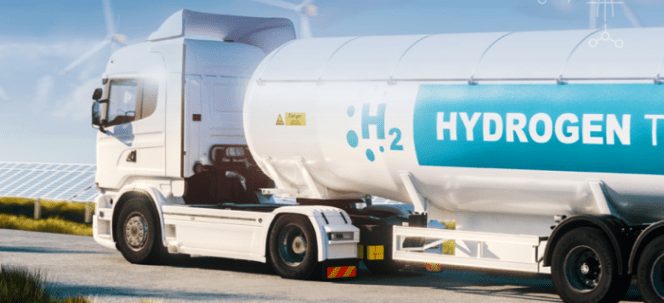The Hydrogen Society Roadmap is committed to the deployment of hydrogen and hydrogen-related technologies in South Africa and to putting the country on the global map when it comes to providing for, innovating around and transforming the global hydrogen network. The goal of this roadmap is to take hydrogen to the next level of its evolution, becoming an energy vector that helps mitigate the growing unemployment crisis in the country.
The Department of Science and Innovation (DSI) is playing a crucial role in driving the hydrogen roadmap forward. The department believes that hydrogen has the potential to create jobs and stimulate investment through the development of a sustainable hydrogen ecosystem. As Professor Vivienne Lawack, Deputy Vice-Chancellor: Academic at the University of the Western Cape, said, at the launch of the Hydrogen Society Roadmap (HSRM) in February 2022: “The DSI connecting possibilities and partnerships that will result in the successful execution of this strategy and lead to the much-needed skills development, job creation, will add value to the country’s vast resources.”
This view was echoed by Dr Bonginkosi Emmanuel Nzimande, Minister of Education, Science and Innovation, who said: “The creation of jobs sits at the centre of our economic reconstruction and recovery plan, and we are determined to get our people back into the jobs they lost during the pandemic while also creating new ones. We want all South Africans to be a part of an inclusive economy, and as government we are determined to create an environment that encourages investment, the creation of employment and skills.”
To achieve these goals through the HSRM, the roadmap will serve as a national co-ordinating framework to facilitate the integration of hydrogen-related technologies in various sectors of the South African economy and to stimulate economic recovery. This will contribute to the creation of sustainable green jobs while moving the country towards secure and low-cost sustainable energy. Four catalytic projects have been identified through engagements with the private sector including the Platinum Valley Initiative (South African Hydrogen Valley), the CoalCO2-X Project, the Boegoegaai Special Economic Zone and the Sustainable Aviation Fuels Project. Through their implementation, these flagship projects are expected to produce 500kt of hydrogen and create at least 20, 000 jobs annually by 2030.
Another area where the project will have sustainable influence is in port infrastructure development as the infrastructure needed to export hydrogen is similar to natural gas networks. However, modifications may be required so South Africa could leverage its existing port infrastructure to support exports of hydrogen, protecting jobs and infrastructure that are declining as a result in the drop global demand for coal exports.
South Africa is also home to 75% of the global reserves for platinum group metals (PGMs) and most are used as value-added materials or catalysts in hydrogen fuel-cell technologies (HFCT). The development of South Africa’s hydrogen economy and market therefore opens the opportunity for local value addition or beneficiation of the PGMs mined in the country. This could preserve jobs in the mining sector and create new jobs in the downstream industry. The PGM industry currently employs about 160 000 people, with two to three indirect jobs in other industries for each direct job, resulting in close to 400 000 jobs. The potential for hydrogen to support the growth of the renewable energy industry in South Africa as an energy-storage solution could also contribute to job creation.
“I am convinced by the analysis presented in the report and the work I have witnessed over time that the hydrogen economy will be an important source of economic growth and jobs for the economy,” concludes Trudi Makhaya, special economic advisor to President Cyril Ramaphosa.



